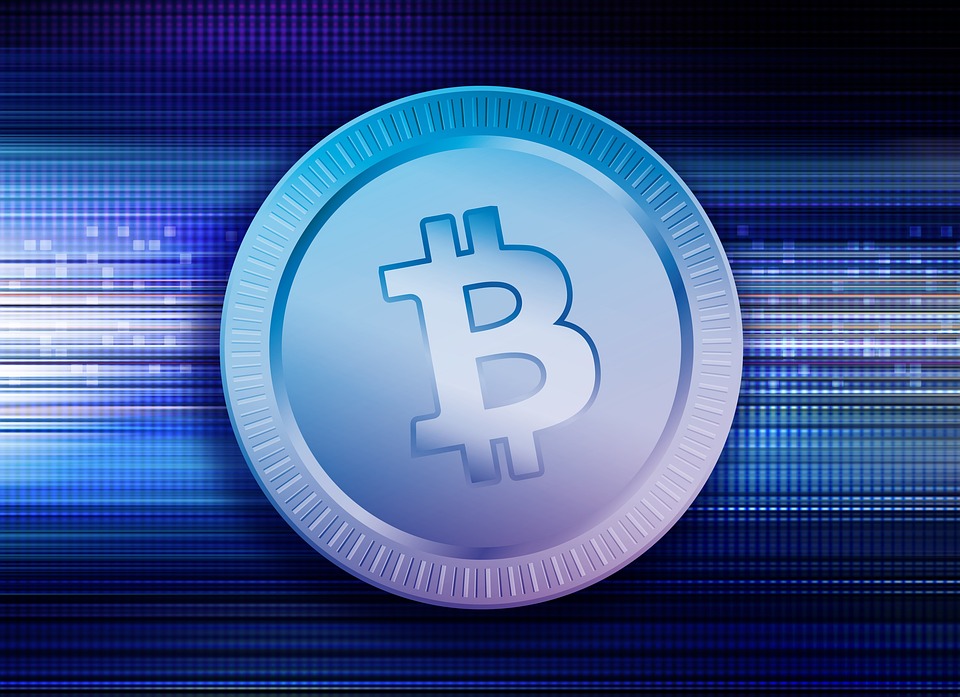Bitcoin has been at the forefront of financial innovation since its inception in 2009, garnering attention from enthusiasts, investors, and skeptics alike. However, with this interest comes a plethora of misinformation and myths surrounding the digital currency. In this article, we’ll debunk some of the most common myths about Bitcoin, providing clarity and understanding for anyone looking to delve into this revolutionary technology.
Myth 1: Bitcoin is Just a Bubble
Fact
While early critics labeled Bitcoin as a bubble, similar claims have been made about various innovations, from the internet to real estate. Bitcoin’s price volatility is indeed notable, but to categorize it solely as a bubble overlooks its fundamental features. Bitcoin has established itself as a store of value and a medium of exchange for millions. The increasing acceptance of Bitcoin, both by individuals and institutions, signals that it may not simply be a passing fad.
Myth 2: Bitcoin is Anonymous
Fact
Although Bitcoin is often perceived as an anonymous currency, its transactions are actually pseudonymous. Every transaction is recorded on a public ledger known as the blockchain, meaning that anyone can trace the movement of bitcoins from one address to another. While users’ identities are not directly tied to their wallet addresses, sophisticated analysis techniques can de-anonymize transactions, especially when exchanges require identity verification.
Myth 3: Bitcoin is Only Used for Illegal Activities
Fact
The understanding that Bitcoin is primarily associated with illegal activities stems from its use in dark web markets. However, the vast majority of Bitcoin transactions are for legitimate purposes. A report by the Blockchain Intelligence Group indicated that less than 1% of Bitcoin transactions were linked to illicit activities in recent years. Moreover, Bitcoin is increasingly being used by businesses, institutions, and individuals in legitimate contexts such as investment, remittances, and as a hedge against inflation.
Myth 4: Bitcoin Has No Intrinsic Value
Fact
Critics often argue that Bitcoin lacks intrinsic value, likening it to fiat currencies with backing by physical assets. In truth, Bitcoin’s value comes from several factors, including its limited supply (only 21 million coins), decentralization, and the trust of users in its network. Bitcoin can act as a hedge against inflation, and its utility in an increasingly digital economy gives it a value that many believe will continue to grow.
Myth 5: Bitcoin is Bad for the Environment
Fact
Concerns about Bitcoin’s energy consumption have become mainstream, especially due to the proof-of-work consensus mechanism that requires substantial energy for mining. However, it’s essential to consider that the energy source matters. Many miners are turning to renewable energy—hydropower, solar, and wind—making Bitcoin mining more sustainable over time. Research suggests that a growing percentage of Bitcoin mining is powered by renewable energy, challenging the notion that it is inherently harmful to the environment.
Myth 6: Bitcoin is Too Complicated for the Average User
Fact
While Bitcoin and blockchain technology can initially seem complex, the user experience has improved dramatically in recent years. Numerous platforms provide user-friendly interfaces for buying, selling, and storing Bitcoin. Education is also becoming more accessible, with resources available for those willing to learn the basics. With a little effort, the average user can navigate the world of Bitcoin without needing a deep technical background.
Myth 7: Bitcoin is Dead or Will Be Soon
Fact
Despite numerous claims over the years that Bitcoin is dead, it has consistently rebounded from adversity—be it regulatory scrutiny, hacks, or market fluctuations. The resilience of Bitcoin is evident in its growth and maturity over time. Institutional adoption and investment from major companies and funds further cement the currency’s relevance and longevity in the financial ecosystem.
Conclusion
As Bitcoin continues to evolve, it is crucial to separate fact from fiction. Understanding the realities surrounding Bitcoin allows individuals to make informed decisions, whether they’re investing, using Bitcoin for transactions, or simply exploring its implications. By debunking these myths, we pave the way for a more informed conversation about the future of Bitcoin and its role in the global economy. The landscape of digital currencies is ever-changing, and staying educated can empower us to navigate this exciting frontier.


